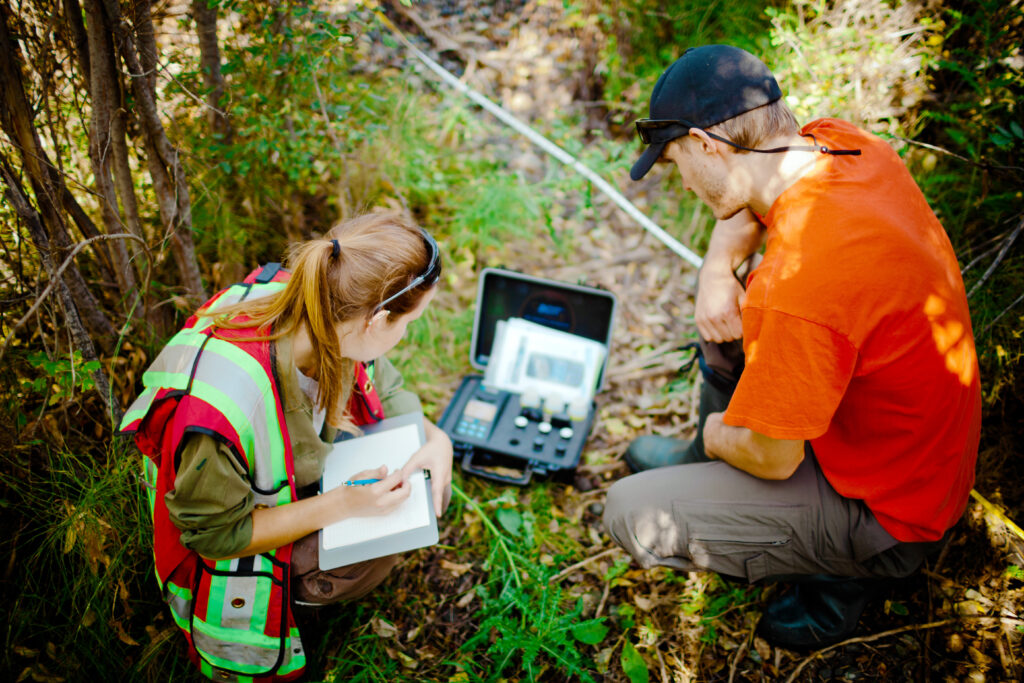


Support your research team with high-quality training that provides professional development for every stage of the research life cycle. The training is delivered by expert academic and professionals, including Nature Portfolio journal editors.

Courses in a variety of topics across the research cycle in bite- size convenient lessons. Easy to fit around a busy schedule and engaging and interactive.
Popular courses:
Writing a Research Paper
Publishing a Research Paper
Persuasive Grant Writing
Available as 1 day and 2 day workshops (in-person and virtually). Group learning events including hands-on advice and personalized feedback in real-time.
Led by Nature Portfolio Editors
Field-specific writing & publishing training for small groups, including one-to-one abstract review.
Learn more
Led by our Expert Trainers
Hands- on learning in over 10 key areas of the research cycle.
Learn more
Cancer Research UK | Universitas Gadjah Mada (UGM) | Denmark Technical University (DTU) | Chitkara University
Training is offered to labs, departments, and at an institutional level. Please note our training is not available to individuals. If you’re an individual researcher, speak to someone at your institution about getting access to training.
